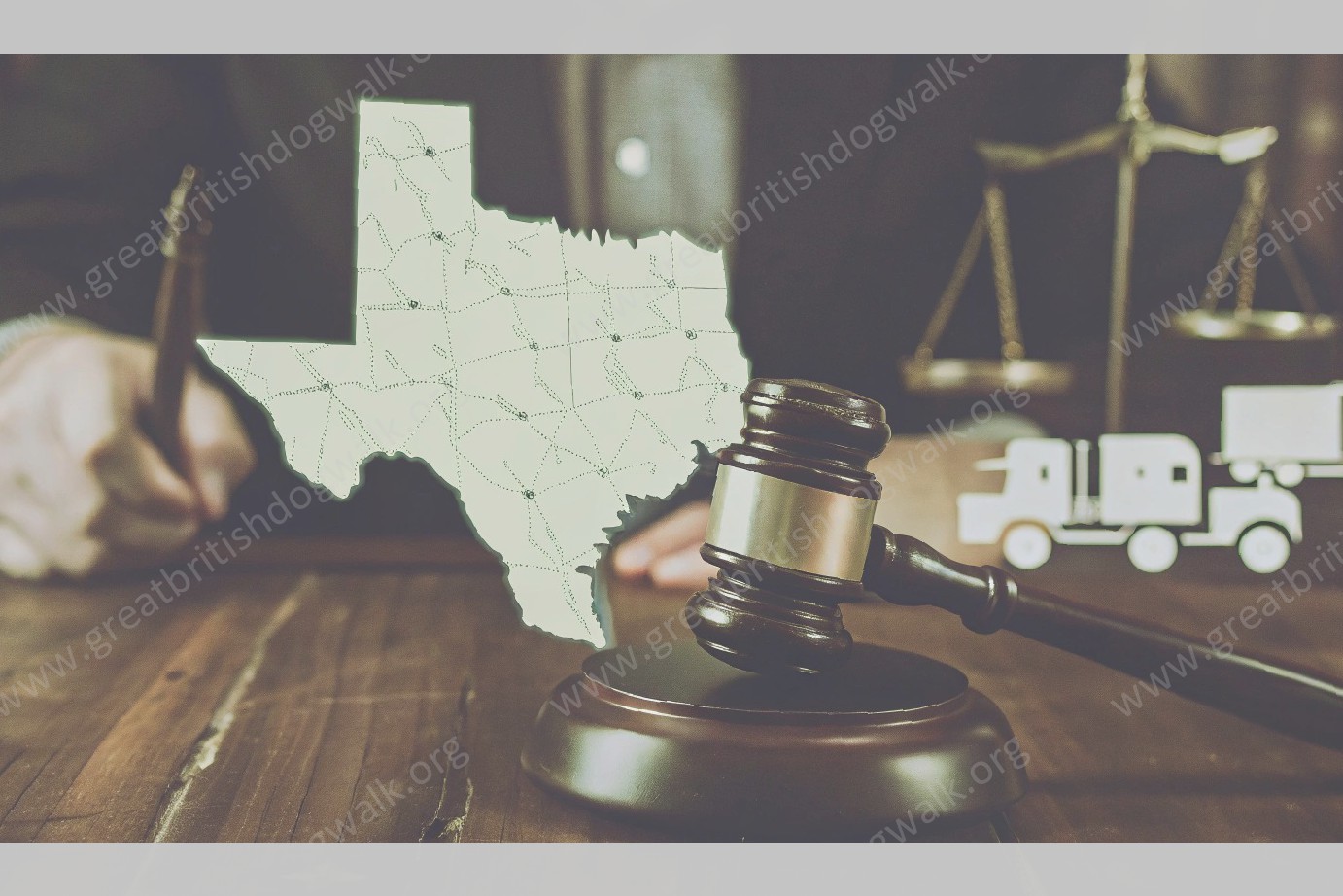Texas Alcohol Delivery, Explained
Alcohol delivery services have a growing presence across the country, but their impact is being felt particularly strongly in Texas. A Texas-based market research survey from 2016 found that almost half of all people aged 21 or older admitted to purchasing alcoholic beverages online over the course of a year. Of those who did make purchases, one in four placed such an order at least once a month. As of last year, a few dozen different delivery apps were available to Texas residents, well up from just one or two in past years. These services are meeting a growing demand, as even though new alcohol delivery services are regularly entering the Texas market, they struggle to keep up with a state that already boasts more than 29 million residents and 32 wet counties . Drizly is the most prevalent delivery service in Texas and across the United States, delivering beer, wine and liquor to cities in more than one dozen states. Through its app, consumers can order from local liquor stores, which prepare an order typically within about 30 minutes (depending on demand). Customers must be 21 years old to order (obviously). Users don’t even have to answer a phone call, as a Drizly representative will simply come to the door, virtually without warning, to collect a credit card number and scan the customer’s ID.
Laws Governing Alcohol Delivery
The legal framework for the delivery of alcoholic beverages in Texas is primarily governed by the Texas Alcoholic Beverage Code (TABC). One of the main prohibitions set forth in the TABC is against "mixed beverage" permits delivering mixed beverages to consumers. Beverages with more than 17% alcohol are considered mixed beverages for the purposes of this prohibition. In addition, tax-paid mixed beverages in excess of 17% cannot be delivered in Texas unless they are transported directly to a permitted alcohol retailer in the state.
The most important statute for establishing a "mixed beverage" delivery service is found under Title 6 Chapter 105 of the TABC, titled "Delivery into Private Residences or Businesses". Section §105.04 prohibits mixed beverages from being delivered to a residence or business within Texas. It will be up to the Texas legislature whether this section will be amended to permit deliveries to areas with Dry or Wet elections.
Texas is considered one of the most heavily regulated markets for the alcoholic delivery industry. Other states such as Florida, New York and California have approved their own set of liquor delivery laws for third-party businesses. However, at present, Texas has no formal policies permitting deliveries.
Licenses that are Required
Any person or legally-formed entity that wishes to deliver alcohol to a customer’s home must first obtain the appropriate licenses from the Texas Alcoholic Beverage Commission ("TABC"). TABC Licensing requirement for retailers of alcoholic beverages include, in general: An applicant for a retailer’s license must not have more than 5% common stock ownership, or the equivalent controlling interest or ownership in the business, liable for debts. "Common stock" is ownership in the business in which the holders own stock proportionate to their interest in that business, entitling each holder to one vote per share of stock of a class of stock that carries voting rights. In lieu thereof, qualifying bonds in an amount set by the TABC may be filed with the TABC. An applicant for a license must not have been convicted of a felony or an offense involving moral turpitude (such as theft, robbery, credit card abuse, breaking and entering, forgery, pubic lewdness, etc.) in the last ten years. An applicant for a license must not have been a walking or traveling salesman or representative for a wholesaler, broker, or manufacturer within the last two years.
Restrictions and Legal Compliance
In addition to the requirements above, alcohol delivery in Texas is subject to a number of regulatory requirements. These include the following: Online retailers must be licensed and authorized to deliver alcohol beverages in the jurisdictions to which they are delivering. Deliveries can only take place in jurisdictions where both the seller and buyer are authorized to sell or purchase alcohol beverages within Texas. Alcohol delivery cannot occur during off-premises hours (e.g., when entities with alcohol permits or licenses must be closed). All persons involved in the sale and delivery of alcohol beverages must also be trained in TABC approved and certified seller training programs. Delivery can only be made in-person (e.g., no use of drones or other delivery devices), by an individual who is at least 21 years of age, employed by the company making the sale and delivery, and who has a valid TABC server certification.
Recent Developments Affecting Alcohol Delivery
In June 2019, the Texas legislature enacted SB 1518, which expands delivery options for restaurants and bars with "mixed beverage permits." Mixed beverage permits authorize holders to sell beer, wine, and liquor. Similarly, certain retail dealers may obtain a package store permit to allow the sale of beer, wine, and liquor to the general public. Prior to this legislative change, consumers were only able to purchase alcohol (for home delivery) from a business that operated under either a mixed beverage permit or a package store permit. With the enactment of SB 1518, restaurants with food-and-beverage permits as well as holders of wine and beer retailer permits with annual sales of more than 75 percent of the permit holder’s total annual sales are now able to deliver alcohol to homes in certain areas . The law does not include liquor in the odds and ends category for alcohol delivery.
With respect to home delivery of alcohol by restaurants and bars with food-and-beverage permits, the expansion of the law is limited to certain dry and wet areas. Deadwood areas and dry areas are generally defined as areas in which the manufacturing, sale, and consumption of alcohol is restricted, while wet areas are generally defined as areas in which the manufacturing, sale, and possession of alcohol is allowed. A restaurant with a food-and-beverage permit may deliver alcoholic beverages directly to consumers in a local option area that contains a municipality if the restaurant has designated the municipality as the site for its delivery services.
Penalties for Failure to Comply
A merchant who makes an unlicensed or unauthorized sale of alcoholic beverages to a consumer in Texas is subject to administrative penalties, including the suspension or cancellation of its permit or license. Under 16 Tex. Admin. Code § 45.002(a), any person who sells, serves, delivers, or accepts an order over the internet for an alcoholic beverage must be licensed or permitted under the Texas Alcoholic Beverage Code, and must deliver alcohol to the final consumer at a residence or business owned by the final consumer. Any entity that delivers, causes to be delivered, or takes an order for alcoholic beverages to a residence or business must determine whether the location is licensed by the TABC, either by consulting the TABC’s Public Inquiries Group at (512) 206-3346 or online. See 16 Tex. Admin. Code § 45.2(e). If the location is not licensed, then the merchandise may not be delivered. Any violations of the Alcoholic Beverage Code is subject to punishment by a fine, suspension or cancellation of a permit or license, or both. See Tex. Alco. Bev. Code § 61.71(a).
The retailer could be liable for up to $1,500 for each offense. The retailer could also be sanctioned by the TABC for violating regulations. In some instances, the retailer could face claims for violation of consumer protection laws for deceptive trade practices.
Future of Alcohol Delivery in Texas
The recent shake-up in the legal landscape of Texas alcohol delivery has kicked a fire under business innovation. As the dust settles from the TABC’s clampdown on certain delivery services last year, businesses and consumers are left wondering about the impact of the agency’s actions. For the moment, consumers are essentially stuck with the choices they have: order local or find someone (or some company) who will do a favor for you. Suppliers are able to deliver their own products but, obviously, do not have that capacity when it comes to wares produced by others. There is something inherently unsatisfactory about this situation but, in fact, it’s a surprisingly common state of affairs in a heavily regulated industry. In effect, it creates a gap begging to be filled.
Some innovative businesses are exploring – and some have already implemented – alternative ways of meeting consumer demand. For instance, there are companies that help customers find a bartender (or even a whole crew of employees) to host a party at private residences. That’s not a service the TABC opposes; under the right circumstances, a Texas winery can provide its customers access to a bartender through a special permission process. Word of this loophole quickly got out and savvy consumers have figured out how to use it. There are companies that facilitate online ordering from around the world and then deliver those orders to customers. This model runs into trouble , of course, when the products involved include alcohol. The nuances could easily have a damaging impact on a small business. For instance, consider what happens if, after paying an invoice, the product in question can’t be delivered. Getting your money back for that kind of mistake is never easy and, with the low margins common in the alcohol industry, can even put you out of business (if you’re a small business).
The more lockdown the TABC’s interpretation, the more loopholes are likely to be found and exploited. For instance, alcohol delivery services in Texas effectively circumvented the TABC by claiming to operate in states where the practice was legal. They used loopholes in the applicable statutes to force their way into a huge market like Texas. We can already see this kind of thing happening again. If the TABC closes loopholes on the delivery end, innovative businesses will target the ends with which the TABC has a less firm grasp. This can be any number of things and result in an endless variety of creative solutions designed to satisfy consumer demand. And there will be plenty of demand, no matter how tight the TABC’s regulations or restrictions. This is so because, no matter what the TABC’s policies or rules may say, alcohol is a desirable product worth purchasing.



